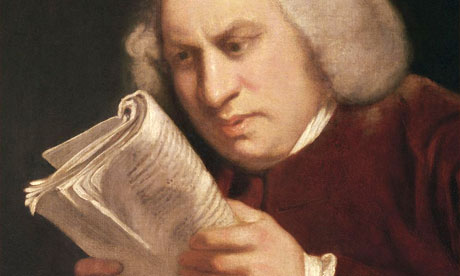If there's anything independent productions have taught the world of entertainment is that sometimes a cast of completely unknown actors can give a mind-blowing performance. Such performers can be seen in anything from movies, music and plays. In today's world people see in these cast of unknowns the opportunity to shed new light to the material being performed. As part of an assignment for our english class we where asked to listen to an episode of the podcast This American Life. Said episode (hosted by Ira Glass, and mostly narrated by Jack Hitt) revolved around the concept of a production of Hamlet by a cast of unknown actors. The twist however centered around the fact that the play was not being performed by legitimate actors, but by inmates from a high security prison.
The podcast manages to give the listener an interesting and never heard before approach to the world that lies beyond the prison walls. TV shows and documentaries illustrate prisons as danger filled corridors where dread and violence loom at every corner. However, little is heard or seen from the eyes of the people who inhabit it. Many of the inmates inside feel confined not only by the walls and bars within the prison but by other men around them. As described by Big Hutch, it is an environment controlled by a hierarchical system: the strong take advantage of the week, much like a killer whale prays on smaller fish. They feel that in order to fit into the archetypical prison mold they must be tough and remain to themselves. However even they know that this is not the solution. The theater program at the prison aims to create a healthy program in which the prisoners can open up and interact with other people better in a de facto rehabilitation program
As a secondary objective, the podcast manages to give the listener a deep analysis the mind of a convict. The actors manage to identify with Hamlet beyond its lines and the pages of the play. Such an example of this understanding can be seen in James Ward and his role of Laertes. Before becoming involved in the much glamorized "thug life", Ward describes himself as being a Church man who gave his life a turn for the worse in order to gain himself a reputation and be liked by others. After being locked up and involved in the play, he felt that he was perfect for playing Laertes. He identified with the character since "[Laertes] was very angry, violently angry and i can identify with that and can play him very well because I've been playing that role my entire life." His connection with the character encouraged him to give a performance that managed to impress Hamlet-aficionados such as Hitt himself.
The narrator, Jack Hitt, states early into the episode that he is no stranger to Hamlet, having seen many forms and adaptations from around the world. I, on the other hand, have little to no experience whatsoever regarding Shakespeare's tragedy, having not even finished it. However the portrait given by Hitt and the convicts is a deeply interesting and complex one. Not only do they manage to break it down the tragedy to its simplest form, while retaining the core essence; they make the listener identify and understand the actors and the character better than any movie or theatrical adaptation.



